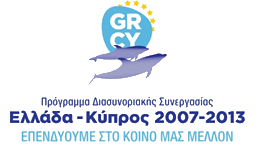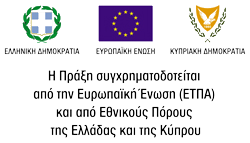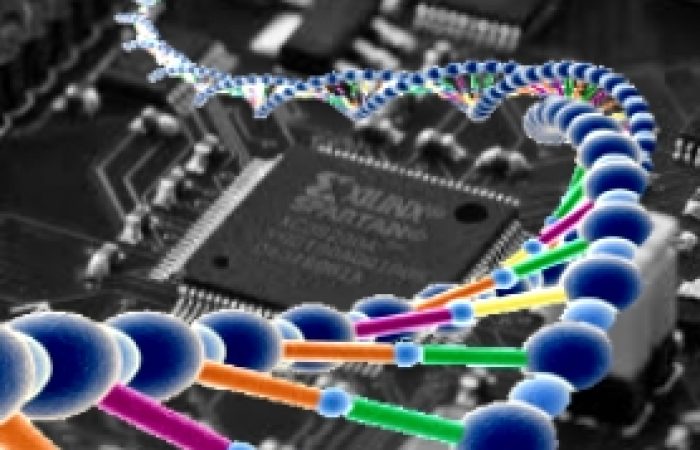The quest for advancement in healthcare and ecology, all key aspects of improving the quality of life, becomes heavily dependent on high-performance, real-time computation systems. Such systems are necessary to compute extremely complicated algorithms used by biologists and doctors worldwide. The application of computer technology in the fields of molecular biology and bioinformatics, and modelling for complex biological and ecological systems, can be used in the development of more effective drugs, preventive medicine and accurate prediction models for ecosystems. Such technology, comes in the form of supercomputers or large clusters, which are the only solutions capable of keeping up with the application demands.
However, such systems are large, expensive with high energy consumption, as they rely on software flexibility to facilitate the execution of multiple applications. Recent advancements allow the integration of reconfigurable hardware (FPGAs), alongside with general-purpose processors (CPUs). Such systems can combine the flexibility of the FPGA hardware fabric, and the generality of CPUs. Biomedical and ecological applications can therefore take advantage of the inherent flexibility and available parallelism, with significant performance gains.
The project aims to create a cost-effective, high-performance supercomputer facilitating FPGA technology that will be used for analyzing biological and ecological models. The resulting EVAGORAS supercomputer will be a powerful computational engine that will further improve the quality of research in the fields of biology, medicine and ecology. Besides the performance gains, the proposed system is a green technology as well, as it will consume around 20% less energy and has significantly lower maintenance cost than other systems used for the same purposes. EVAGORAS will also have smaller learning curve compared to other systems as its user-friendly, transparent interface will allow research groups to efficiently map medical and ecological applications using already-obtained programming skills.





